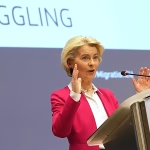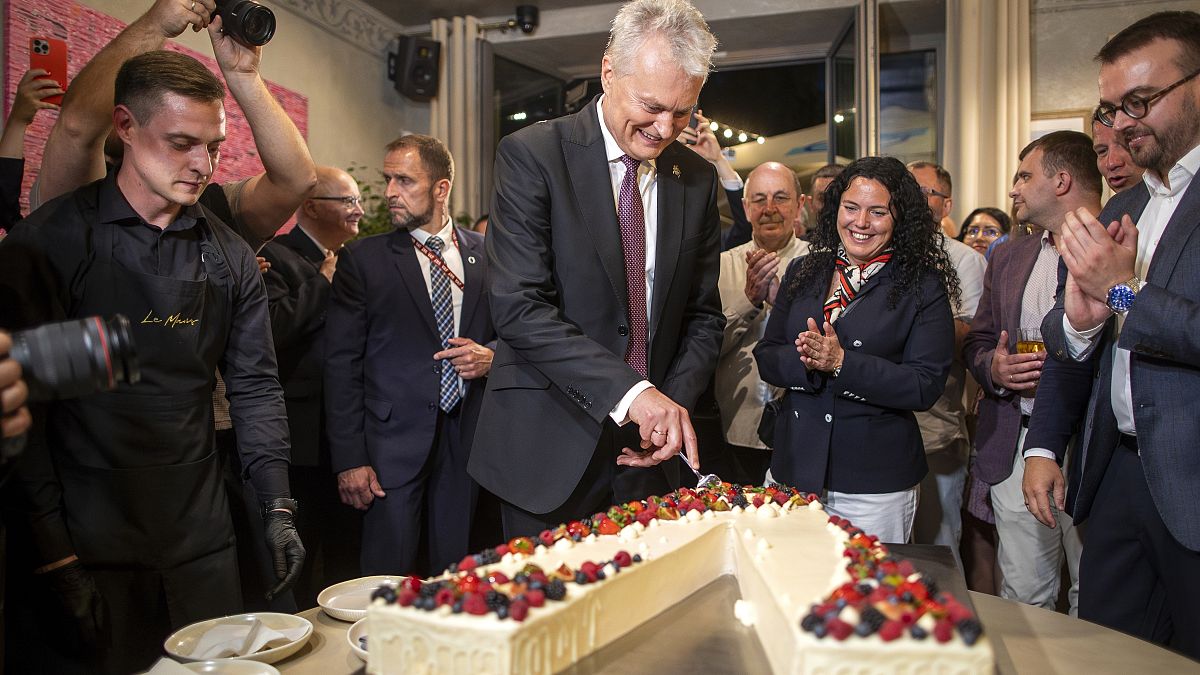Lithuania’s President Gitanas Nausėda has emerged victorious in the run-off election, securing around three-quarters of the votes. His opponent, Prime Minister Ingrida Šimonytė, graciously conceded defeat and pledged to continue her work in office. Nausėda has emphasized his commitment to supporting Ukraine and strengthening Lithuania’s security, especially in light of the European security concerns following the 2022 Russian invasion. His victory speech highlighted his dedication to active foreign policy participation in the European Union.
Nausėda’s victory is seen as a validation of his strong principles and priorities which include supporting Ukraine, enhancing Lithuania’s security, and engaging actively in EU affairs. The support he garnered from the majority of Lithuanians reflects the trust they have in his leadership to navigate the country through challenging times. While he and Šimonytė shared common ground on defense spending, they disagreed on issues such as the legalization of same-sex unions. Nausėda believes such unions would blur the lines between marriage which is constitutionally defined as being between a man and a woman.
As a former economist with Sweden’s SEB banking group, Nausėda brings a wealth of experience to his role as Lithuania’s president. He has pledged to continue his focus on enhancing Lithuania’s defense capabilities, building on the progress made during his previous tenure. The ongoing strong alliance between Lithuania and Ukraine is expected to remain a key priority for Nausėda, given the shared concerns about Russian aggression in the region.
The role of the president in Lithuania is semi-executive, encompassing responsibilities such as overseeing the armed forces and representing the country at EU and NATO summits. Additionally, the president collaborates with the government on foreign and security policy matters and has the authority to veto laws. Nausėda’s victory speech underscored his commitment to fulfilling these duties and serving the best interests of Lithuania as it navigates complex geopolitical challenges.
In conclusion, Gitanas Nausėda’s victory in Lithuania’s run-off election marks a significant moment for the country, affirming his leadership and vision for the future. His focus on supporting Ukraine, enhancing Lithuania’s security, and active engagement in EU affairs resonates with the majority of Lithuanians who have placed their trust in him. As he begins his new presidential term, Nausėda faces the challenge of upholding these priorities amidst evolving European security concerns and geopolitical dynamics. With a clear mandate from the voters, he is poised to lead Lithuania with determination and dedication.










